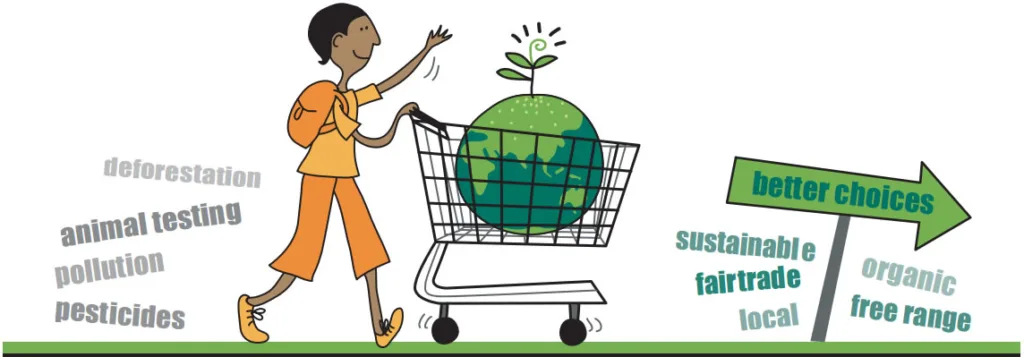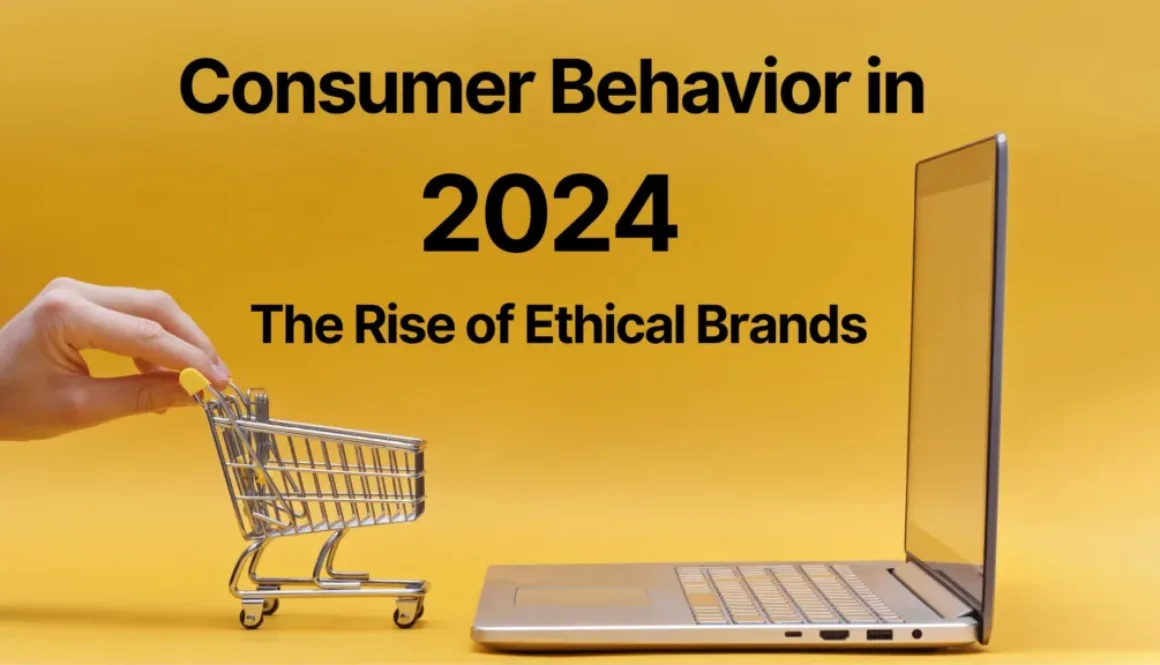Consumer Behavior in 2024: The Rise of Ethical Brands
In an era where consumer consciousness is at an all-time high, the year 2024 marks a significant shift in purchasing behaviors. More than ever, consumers are aligning their buying decisions with their values, leading to the rise of ethical brands. These brands, which prioritize social responsibility, environmental sustainability, and fair trade practices, are not just a trend but a reflection of the evolving consumer mindset. This blog will delve into the transformation of consumer behavior in 2024, focusing on how ethical brands have become a powerful force in the marketplace.
The Ethical Consumer
The ethical consumer is not new, but its prevalence has grown exponentially in recent years. These consumers are more conscious of their purchasing decisions and their impact on society and the environment. They are more likely to support brands that align with their values and demonstrate a commitment to ethical practices. This shift in consumer behavior has led to the rise of ethical brands. But who exactly is the ethical consumer? They are individuals who consider the social, environmental, ecological, and political impact of their purchases. They prioritize sustainably sourced, ethically produced products and contribute positively to society.

The Rise of Ethical Brands
Brands recognizing this shift and adapting their practices are reaping the benefits. They see increased loyalty and engagement from consumers who appreciate their commitment to ethical practices. These brands are not just talking about their values but demonstrating them through their actions. They are transparent about their supply chains, fair in their treatment of employees, and proactive in their environmental stewardship. But the rise of ethical brands is not just about doing good; it’s also about good business. Ethical brands find that their commitment to ethical practices resonates with consumers, leading to increased brand loyalty, positive word-of-mouth, and increased sales.
The Role of Digital Marketing
Digital marketing is crucial in communicating a brand’s commitment to ethical practices. Brands are leveraging various digital marketing strategies to engage with the ethical consumer. These strategies include content marketing, social media marketing, and influencer marketing. Each plan offers unique opportunities for brands to connect with consumers, share their stories, and demonstrate their commitment to ethical practices.
Content Marketing
Content marketing is a powerful tool for brands to communicate their values and commitment to ethical practices. Brands are creating content highlighting their ethical practices and impact on society and the environment. This content is informative and engaging, encouraging consumers to engage with the brand and its values. But content marketing is not just about creating content; it’s also about distributing that content to the right audience at the right time. Brands leverage SEO strategies, email marketing, and social media to ensure their content reaches the ethical consumer.

Social Media Marketing
Social media platforms are powerful for brands to engage with their audience and communicate their commitment to ethical practices. Brands leverage these platforms to share stories and highlight their commitment to ethical practices. They also use these platforms to engage with their audience and foster a community around their brand. But social media marketing is not just about posting content; it’s also about listening to consumers, responding to their concerns, and fostering a two-way conversation.

Influencer Marketing
Influencer marketing is another effective strategy for brands to engage with the ethical consumer. Brands are partnering with influencers who align with their values and can authentically communicate their commitment to ethical practices. These partnerships benefit not only the brand but also the influencer and their audience. But influencer marketing is not just about finding influencers with a large following; it’s also about finding influencers who resonate with the brand’s values and can authentically engage with their audience.

The Impact of Ethical Brands on the Market
The rise of ethical brands is having a profound impact on the market. It forces other brands to reevaluate their practices and align with moral values. This leads to a more ethical marketplace, where brands are held accountable for their actions, and consumers are empowered to make informed decisions. But the impact of ethical brands extends beyond the market; it’s also influencing policy, leading to increased regulations and standards for ethical practices.
Conclusion
The rise of ethical brands is a testament to the changing consumer behavior. Brands that recognize this shift and adapt their practices will be better positioned to engage with the ethical consumer and build lasting relationships. As we progress, it will be interesting to see how this trend continues to shape the digital marketing landscape. Will ethical brands become the norm? Only time will tell. But one thing is clear: the ethical consumer is here to stay, and brands that want to succeed in this new landscape must adapt.

